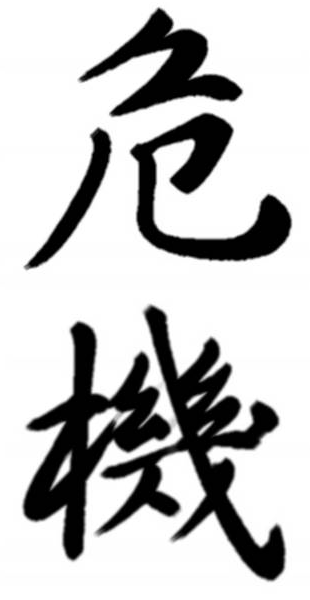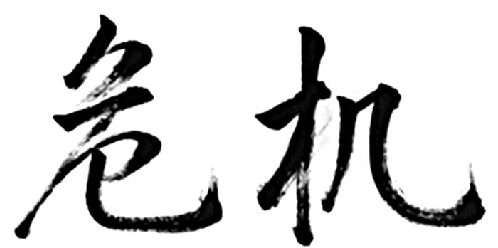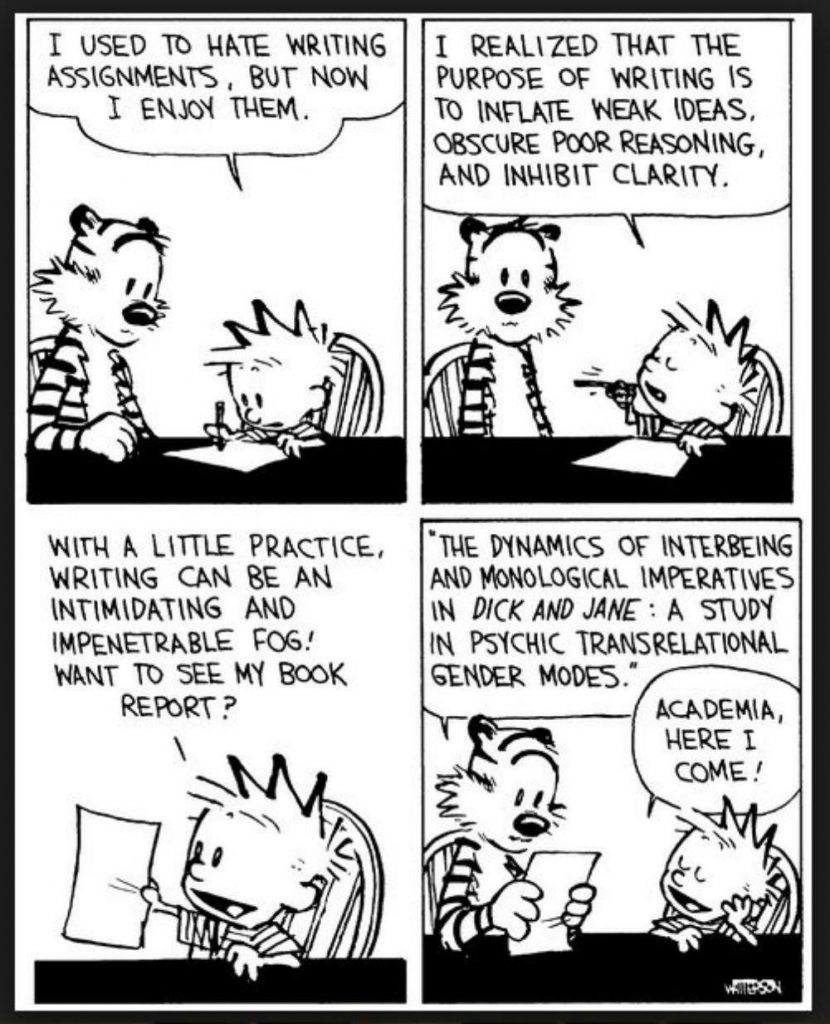How’s your daily life dealing with the Chinese virus? No, I’m not talking about the Wuhan virus, SARS-CoV-2, novel coronavirus, or whatever name you choose based on your political leanings. I’m talking about the viral spread of this notion that the Chinese — those clever sages of the East! — so craftily see “opportunity” in every crisis.
Don’t know this one? For you millennials, the observation is that
“In the Chinese language, the word “crisis” is composed of two characters, one representing danger and the other, opportunity.”
— John F. Kennedy
https://www.jfklibrary.org/learn/about-jfk/life-of-john-f-kennedy/john-f-kennedy-quotations#C
Kennedy apparently cited this notion aplenty. In fact, he gets the “credit” for popularizing this idea, repeated ad nauseam by business leaders and politicians of all political persuasions.
You can see the appeal of this linguistic construction. If those inscrutable scholars of the Orient can see a chance for success in bankruptcy, earthquakes, and global pandemics, you can too! Remember, business leaders! Twenty years in prison for wire fraud is not the end — it’s an opportunity.
Only, of course, it’s not true.
Here are the traditional characters for wei ji. (The simplified form is at the top of the article.)

While wei (the first character) does mean dangerous, ji does not mean opportunity. By itself, it means… nothing. The confusion (willful or otherwise) comes from ji being a component of ji hui (机会), the actual Chinese word for opportunity.
So this idea is as inaccurate as the canard that apropos and appropriate are the same word because they share similar sounding syllables, or the one that gives you license to use stagnant and static interchangeably because the first three letters are the same.
It’s a useful cliché in a uniquely American way. It’s relentlessly optimistic. It’s positive and forward-looking. But it’s still a cliché, just like everything people cite from Art of War. And fortunately, it’s a cliché that seems to have fallen from favor — not, I suspect, from overuse, but rather from the relentless fact-checking, Twitter-canceling, and fears of “cultural appropriation” one risks by publishing this trope.
Which I suppose is for the better. I fully expected blog posts and podcasts rallying the business world to see the opportunity in this current crisis. But whether from pessimism, political correctness, or wariness of clichés, no one seems to be peddling it.
Oh wait.
Inc.: How to Find Opportunity Within a Crisis
— Otto E. Mezzo
For an amazingly thorough linguistic takedown of weiji, this is the article you’re looking for: http://pinyin.info/chinese/crisis.html
References:
https://www.jfklibrary.org/learn/about-jfk/life-of-john-f-kennedy/john-f-kennedy-quotations#C
https://www.washingtonpost.com/wp-dyn/content/article/2007/01/18/AR2007011801881.html
http://itre.cis.upenn.edu/~myl/languagelog/archives/004330.html
https://www.inc.com/maya-hu-chan/how-to-find-opportunity-within-a-crisis.html


